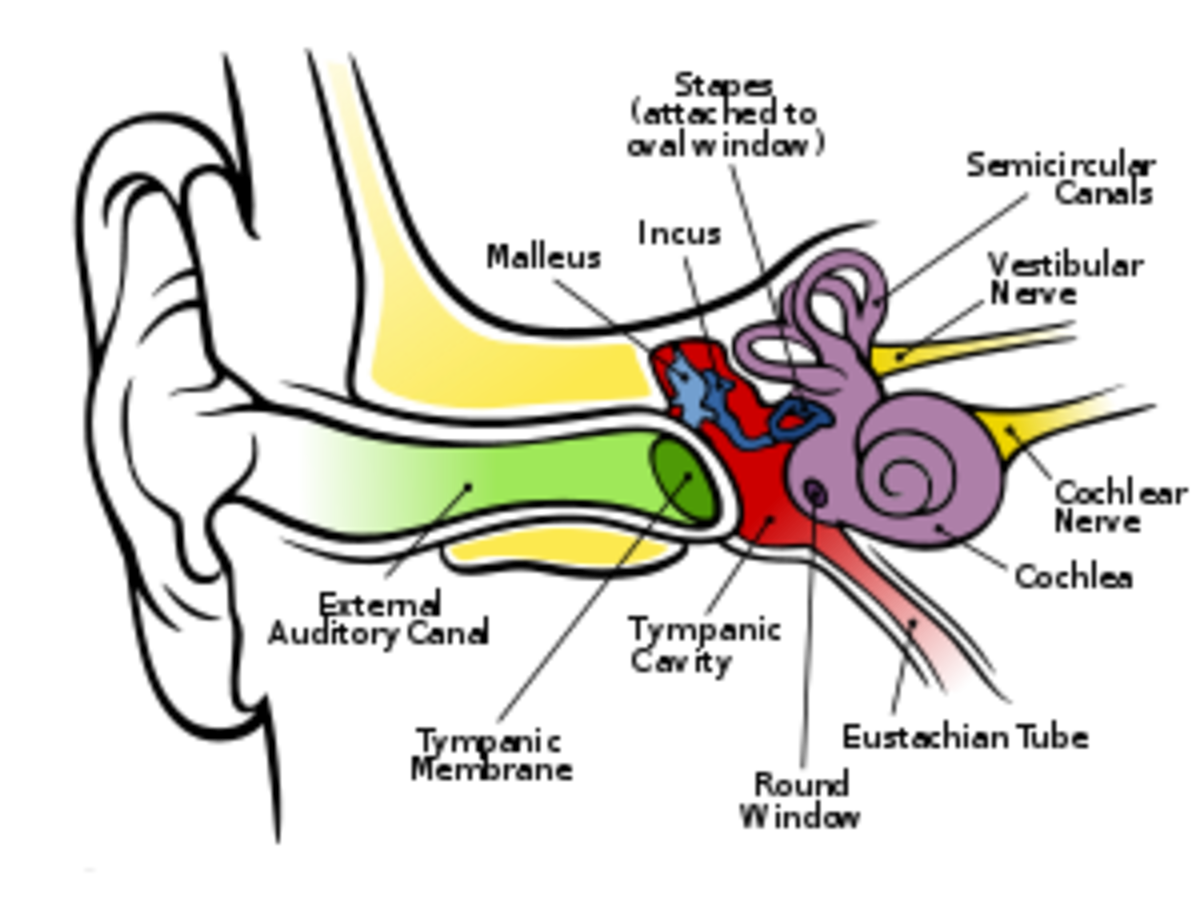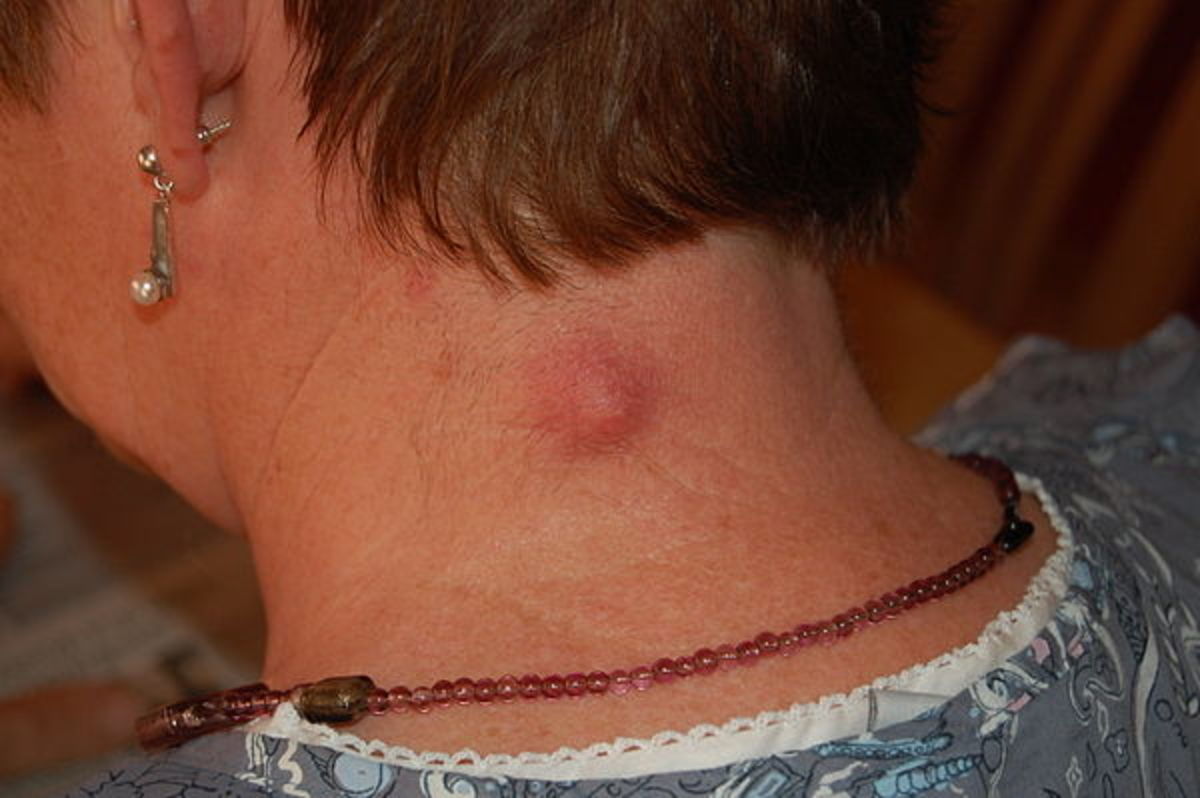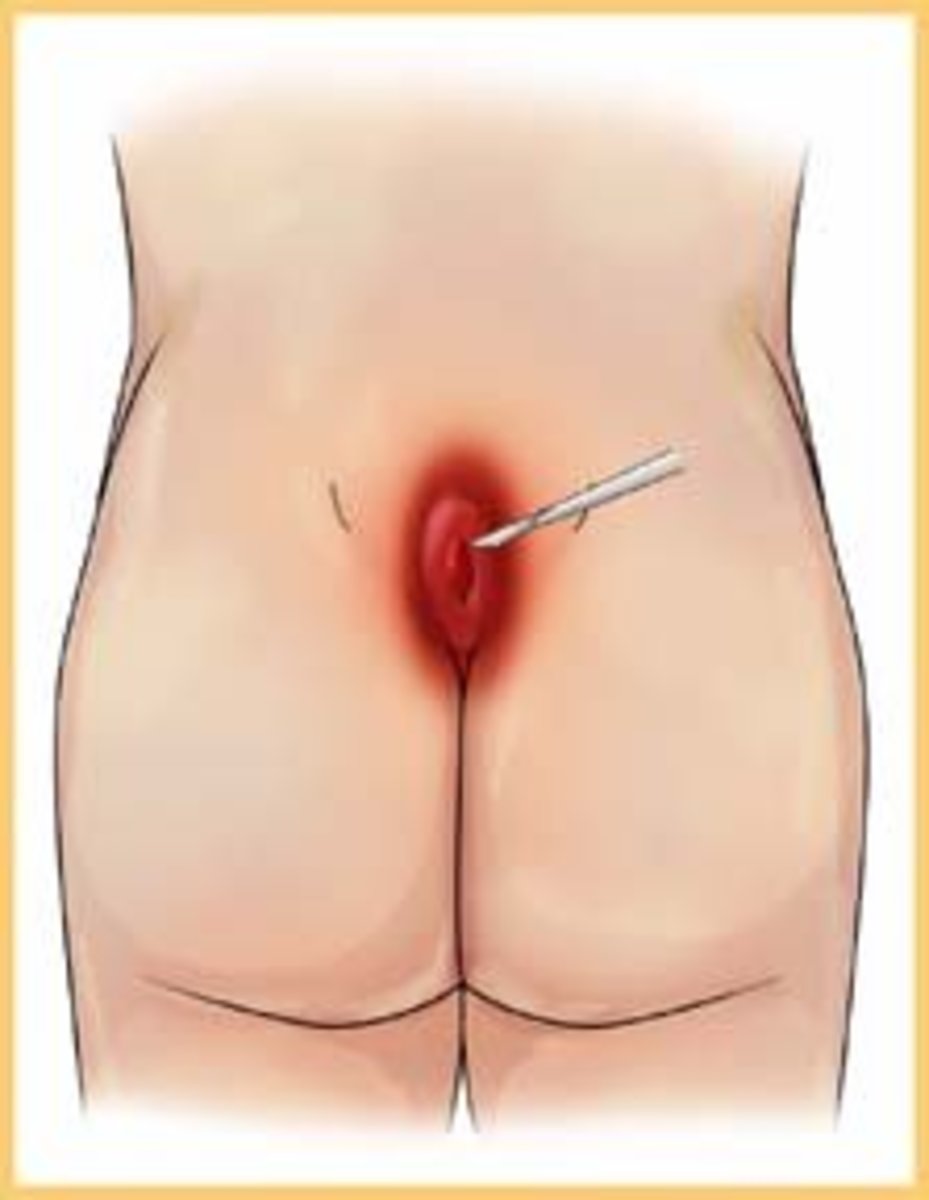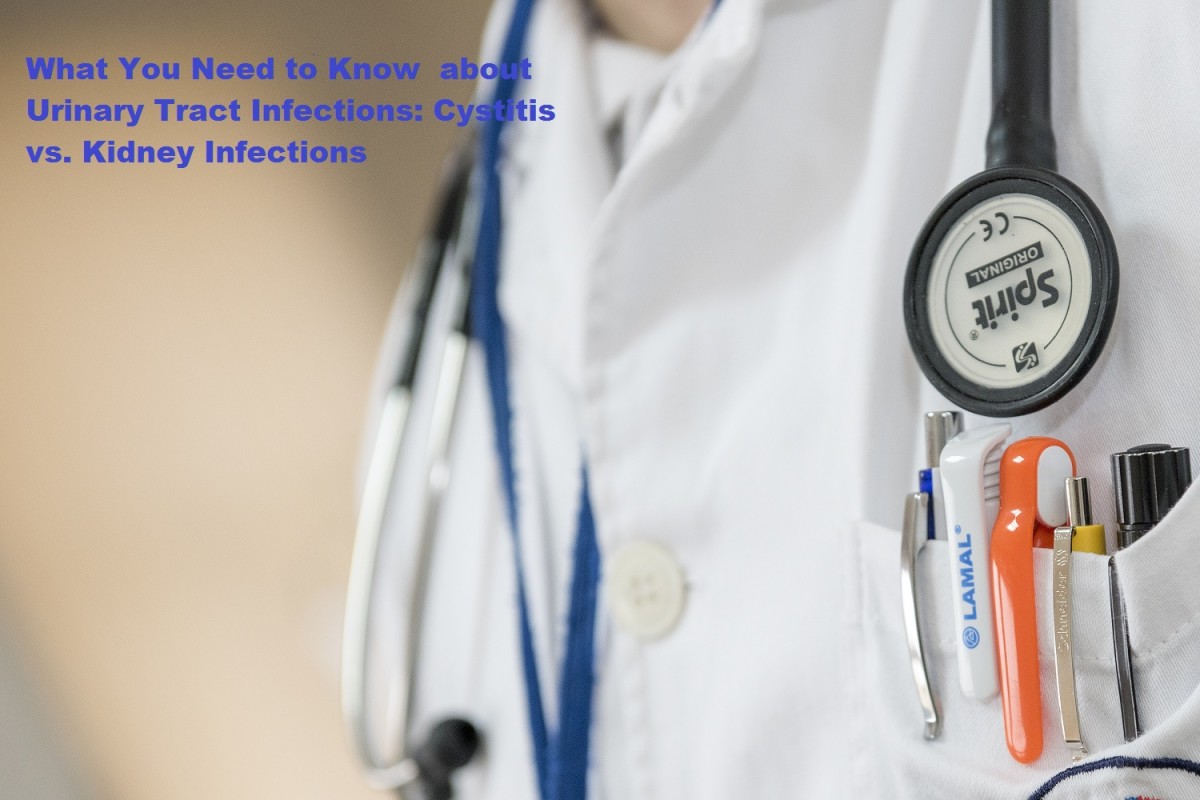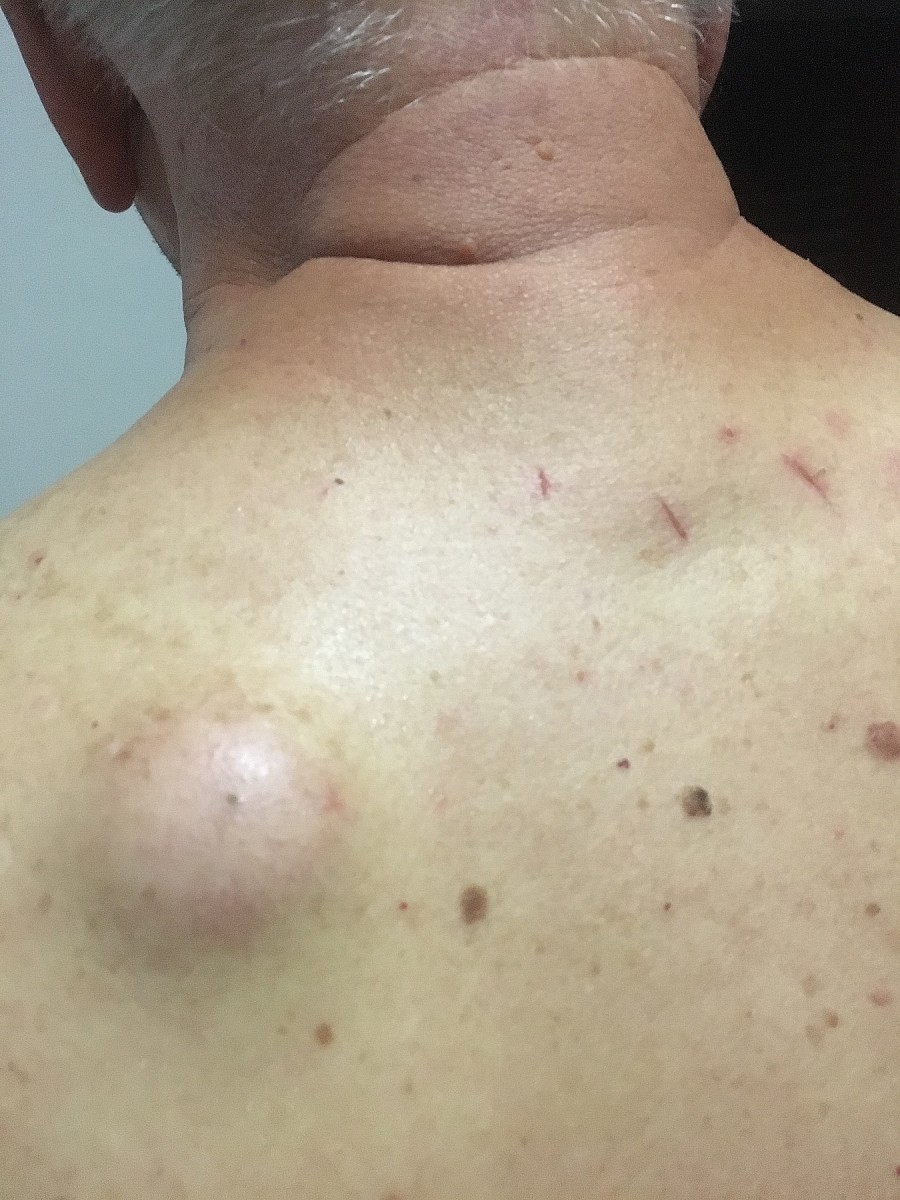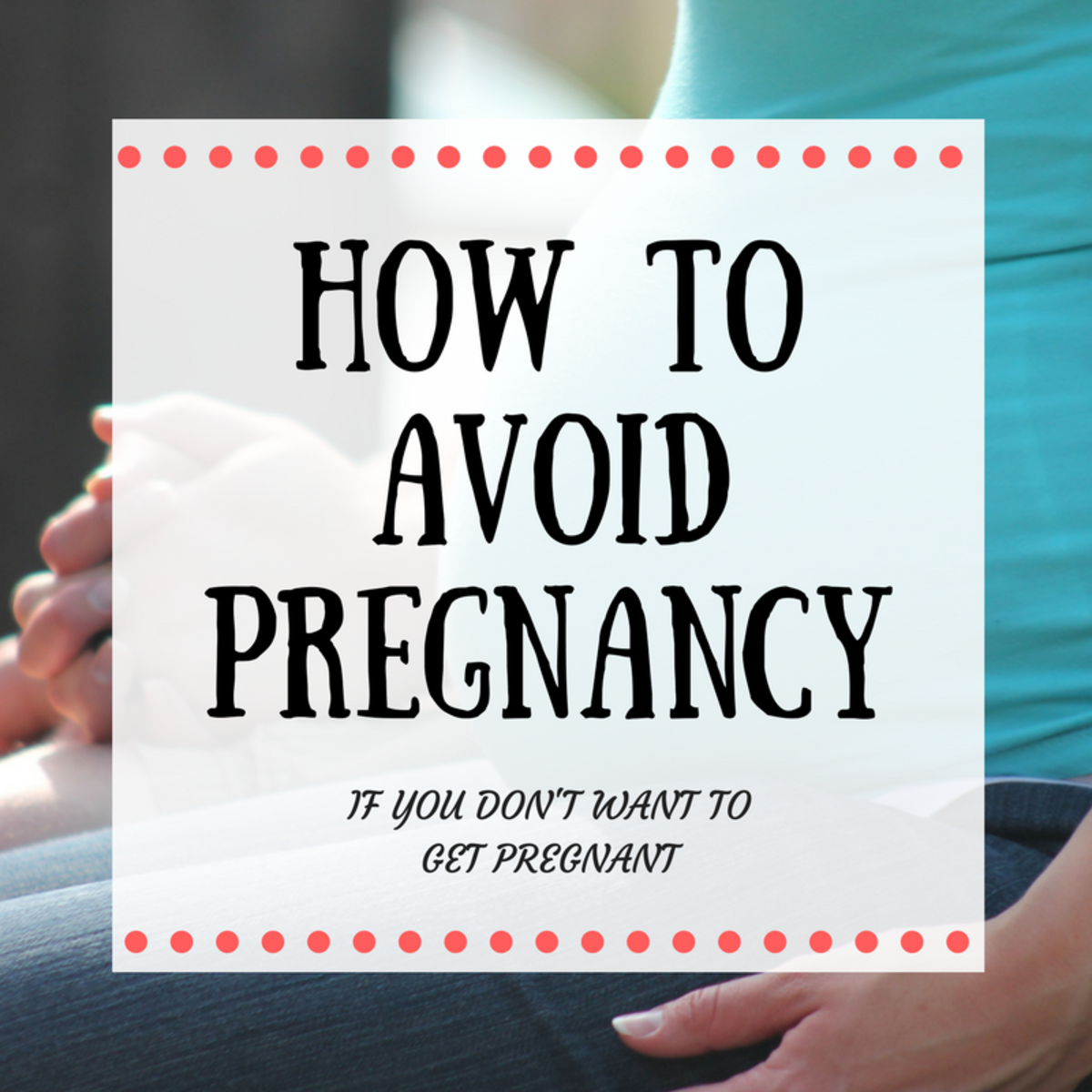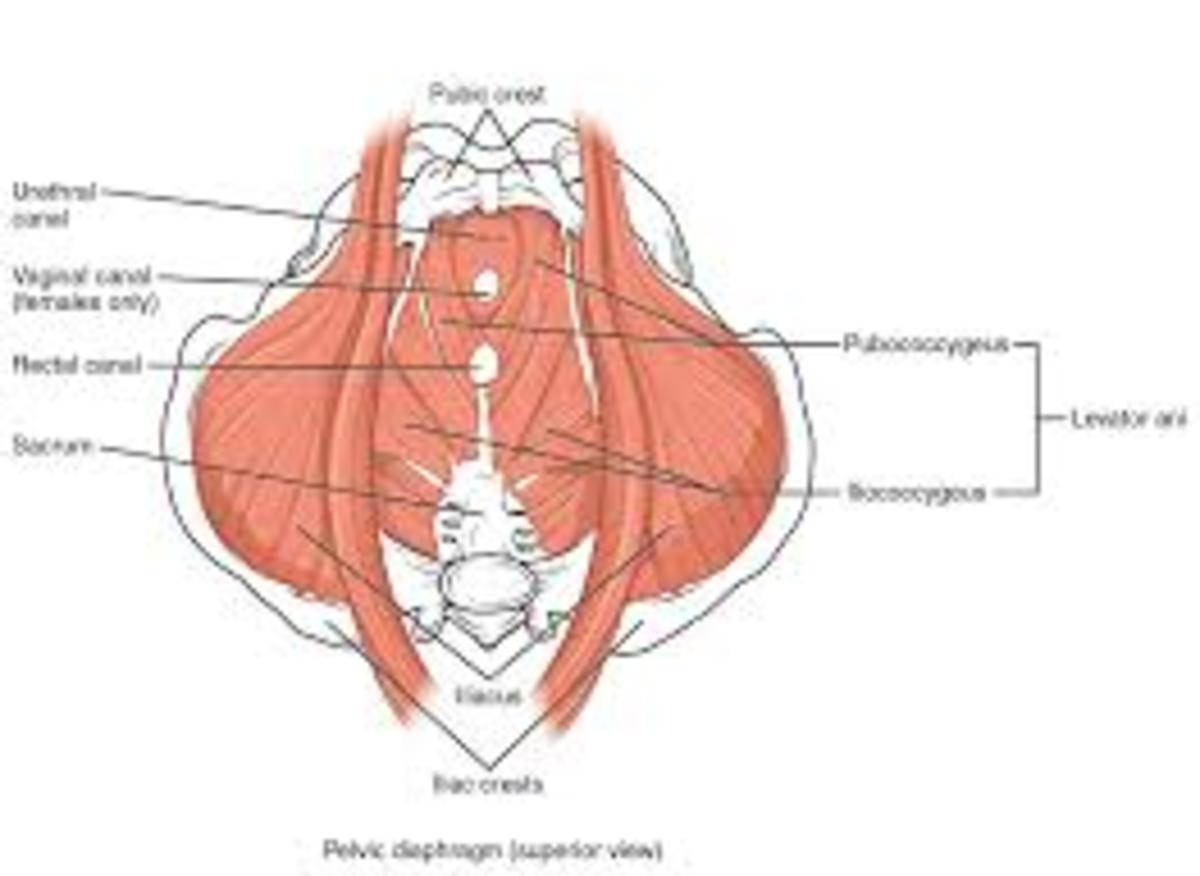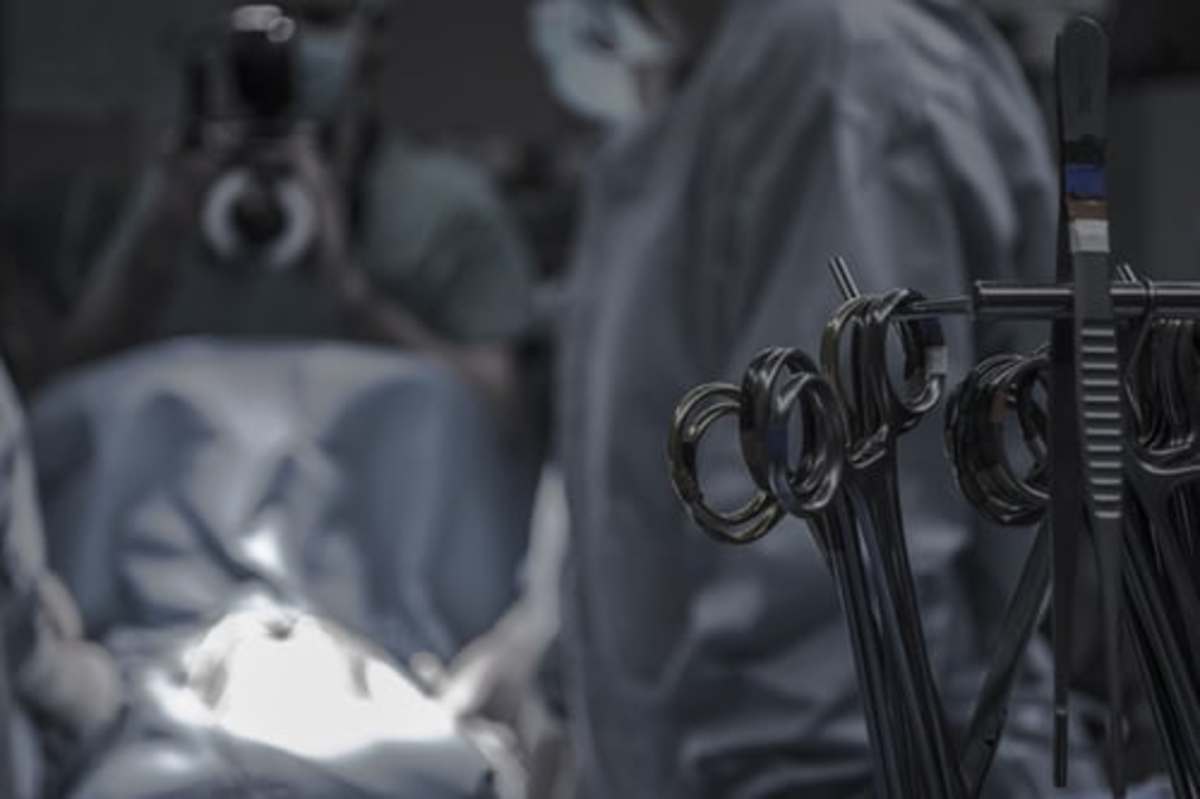Natural Cures For Ovarian Cysts - Home Treatment Options
Are you one of the increasing numbers of women who are seeking natural remedies for ovarian cysts? If so, read on - this article provides an overview of the natural cyst treatments that many people have found effective, and helps you to decide if a natural or conventional approach to ovarian cyst removal would be best for your individual circumstances.
What Are Ovarian Cysts?
A cyst is a sac of fluid (such as pus, blood etc). Ovarian cysts are fluid-filled sacs that form within the ovary or on the surface. They are extremely common, especially among women of pre-menopausal age, and in most cases are benign (non-cancerous). Ovarian cysts can range in size from tiny to several inches in diameter.
The main types of ovarian cysts are functional cysts and abnormal cysts.
Functional Ovarian Cysts
Functional cysts are formed as part of the menstrual cycle, and are not the result of disease (though they can be related to hormonal imbalances caused by an unhealthy lifestyle). The main types of functional ovarian cyst are follicular cysts, which form when an egg fails to be released from the ovary as normal, and a cyst forms from the egg sac (follicle); and corpus luteum cysts, which are formed after the egg is released.
Abnormal Ovarian Cysts
Abnormal cysts are connected with disorders of various types, and may be benign or malignant (the majority of ovarian cysts are benign). The main types are:
Dermoid cysts – which may contain tissues normally found elsewhere in the body, such as teeth or hair. These are generally removed surgically.
Endometrioid cysts – also known as endometriomas, these are a form of endometriosis, and are formed when uterine tissue attaches itself to the ovary and grows into a cyst.
Cystadenomas – these are benign tumors formed from the cells on the surface of the ovary. They may grow to large sizes and cause significant pain.
Polycystic ovarian syndrome (PCOS) – this is a hormonal disorder that has a variety of symptoms, one of which is often the formation of multiple cysts on the ovaries. It is associated with infertility and other problems, and is strongly correlated with being overweight and eating a high-sugar diet. Note that some women may develop polycystic ovaries, but not actually suffer from PCOS.
Malignant cysts – cancerous cysts on the ovaries are relatively rare, accounting for about 15 cases per 100,000 women. They have non-specific symptoms at first, and are thus usually difficult to detect until the disease is in the later stages. Malignant ovarian cysts are generally treated with surgery.

Ovarian Cyst Symptoms
The symptoms of ovarian cysts can vary from none at all to excruciating pain, as well as various other symptoms that may not seem to be directly related to anything going on in the pelvic area. The following symptoms and signs of ovarian cysts are the most common:
- Pain in the lower abdomen, lower back and/or thighs. This may be sharp or intermittent. Sharp pain is often associated with ruptured ovarian cysts.
- Menstrual problems - period pain, irregular periods, spotting in between periods
- Acne
- Unusually high amounts of facial or body hair
- Breast soreness
- A feeling of pressure in the abdomen
- Weight gain
- Fertility problems
- Nausea or vomiting
It is best to consult your doctor if you're experiencing any of these symptoms on an ongoing basis. In addition, if you have the following symptoms, you should seek medical attention immediately:
- Very strong or persistent abdominal pain
- Growths in the abdomen
- Weakness, vertigo, fainting
- Persistent or unusually strong fever or nausea
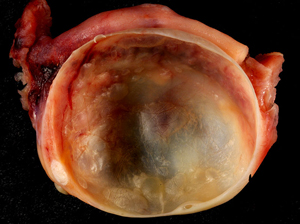
Ovarian Cyst Treatments
After being diagnosed with cystic ovaries, you'll be presented with the most appropriate treatment options by your doctor. The nature of the recommended treatment will depend on the type and severity of the cysts you have. In many cases, doctors will advise a 'watch and wait' approach, where the cysts are observed over a period of time to see if they go away by themselves. In many cases, functional ovarian cysts will clear up naturally within a few weeks. They may still cause pain however, so you might be prescribed a pain medication if over the counter painkillers are insufficient.
For cysts that last longer than about three months, or for those that are malignant or otherwise pathological, the doctor will probably recommend either hormonal drugs or surgery.
Hormonal Treatment For Ovarian Cysts
The combined birth control pill is often prescribed to women with functional cysts. This works by preventing ovulation from occurring, so new cysts won't get a chance to form. Existing cysts may be diminished too. Sometimes other hormonal medications are used to accomplish the same end. While this method can provide relief and prevent recurring cysts, it only works for as long as the woman keeps taking the pills – which is not an ideal situation, considering that birth control pills and similar medications can have undesirable side effects in many women when taken over the long term.
Ovarian Cyst Surgery
Surgery is the second main treatment for ovarian cysts. It is usually only recommended for women with more problematic abnormal cysts, such as those that are malignant, or very large. There are two main types of ovarian cyst surgery; laparoscopy and laparotomy.
Laparoscopy involves making small incisions in the abdomen, into which is placed a very thin laparoscope. The surgeon can then use this to remove the cyst, or to take a sample for biopsy. This procedure is less invasive than open abdominal surgery, although it still requires a general anesthetic, and can cause significant pain.
Laparotomy is the more traditional procedure, and involves making an open incision in the abdomen, through which the cyst can be removed or biopsied directly. It is most often used for larger cysts, malignancies or removal of the ovaries and other tissues.
These are the main types of surgery for ovarian cysts, although sometimes emergency surgery is required in the case of ovarian torsion, where a cyst becomes twisted, causing severe pain, nausea and other symptoms.

Natural Remedies For Ovarian Cysts – Home Treatments
What doctors generally don't tell you is that in many cases, it's possible to treat and prevent ovarian cysts with natural remedies. These include simple measures for alleviating pain and lessening the pressure in the abdominal region, and more general lifestyle changes that help to establish a state of health and hormonal balance in the body, which is not conducive to ovarian cyst formation.
The emphasis here is on addressing the underlying cause, rather than simply treating the symptoms as conventional cyst treatments do. The problem with treating the symptoms and not the cause is that the problem will often recur, necessitating yet more drugs and/or surgery – and many women don't wish (or simply can't afford) to go that route.
For example, if you have ovarian cysts that are benign and don't pose a threat to your health, you might find the following practices helpful:
- For pain relief, apply heat to the lower abdominal area. Methods include using a heat pad or hot water bottle, taking a warm bath (or sitz bath), or making a hot compress.
- Pain may also be relieved by taking measures to reduce pressure in the pelvic region. To reduce fluid retention, ensure that you drink plenty of water to stay hydrated, and avoid caffeine, alcohol and other foods and drinks that encourage water retention. Also, wear loose fitting clothes and avoid tight waistbands.
- Stress relief is essential – pain is often felt more intensely when we're under stress, and the immune system is compromised, making healing more difficult. Try meditation, soothing herbal teas such as camomile, and taking measures to reduce specific stressors in your life.
- Some types of ovarian cyst, such as functional cysts and polycystic ovarian syndrome are strongly influenced by diet. The foods you eat have a major effect on your hormonal balance, which in turn affects how your ovaries function. In particular, refined sugars and starches contribute to hormone disruption and subsequent cyst development in many women.

Do Natural Ovarian Cyst Cures Really Work?
Many women have found relief from ovarian cyst pain and other symptoms using natural treatments, and some have freed themselves from cysts permanently. So yes, natural remedies for ovarian cysts can work extremely well. And as a bonus, women may find that their general health is improved too, as their new healthy lifestyles have a knock-on effect. No technique (natural or otherwise) is a panacea however, and may or may not work in any specific case – so no ovarian cyst cure is guaranteed to work for everyone.
Should You Choose Conventional or Natural Treatment For Your Ovarian Cysts?
Home treatments for ovarian cysts can be very effective, but they aren't guaranteed to work for everyone, and some types of cyst (such as malignancies etc) require medical intervention: for some women, drugs or surgery are the more effective way to go, and if your cysts are posing an immediate or significant threat to your health, you should obviously follow your doctor's advice.
However, everyone can benefit from improving their health, and even women who pursue conventional ovarian cyst cures can incorporate some natural approaches too - everyone can benefit from a healthy diet or stress-relief techniques after all, and these may help to prevent cysts from recurring in the future.
More Information About Natural Ovarian Cyst Relief
The point of this article is not to try to argue against conventional treatments or to say that everyone should go the natural route. However, every woman should know about all the options that are available, in order to make an informed decision about which course of action to take, and sadly many doctors won't (or can't) give you information about natural remedies.
You could try to find a more holistically-minded practitioner, or if that isn't feasible, fortunately there's a wealth of information available online, much of it from women who have themselves suffered with ovarian cysts, tried the usual treatments without success, and eventually learned how to rebalance their bodies naturally – and freed themselves from ovarian cysts for good.

